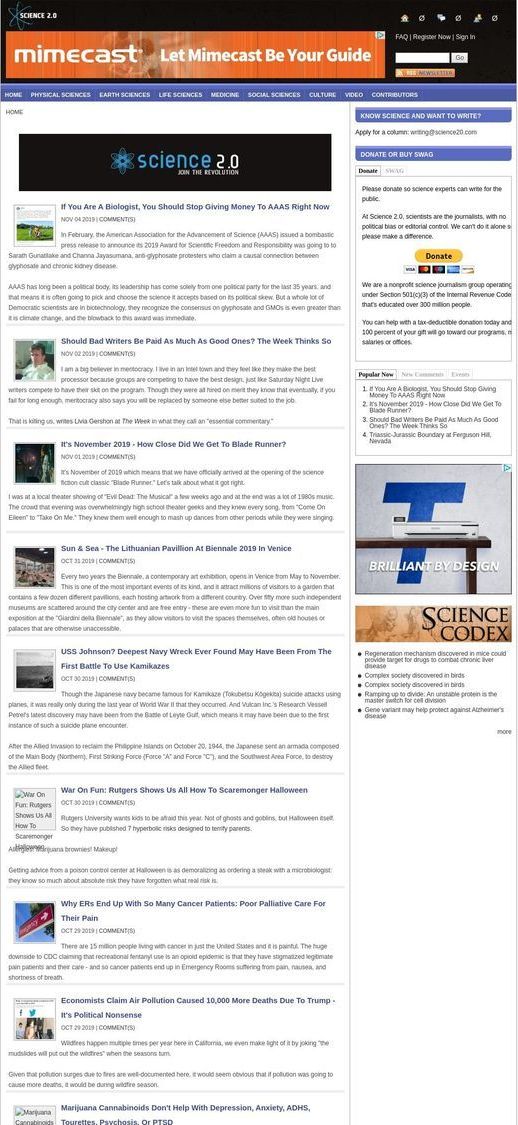Most humans can learn how to complete a given task by observing another person perform it just once. Robots that are programmed to learn by imitating humans, however, typically need to be trained on a series of human demonstrations before they can effectively reproduce the desired behavior.
Researchers were recently able to teach robots to execute new tasks by having them observe a single human demonstration, using meta-learning approaches. However, these learning techniques typically require real-world data that can be expensive and difficult to collect.
To overcome this challenge, a team of researchers at Imperial College London has developed a new approach that enables one-shot imitation learning in robots without the need for real-world human demonstrations. Their approach, presented in a paper pre-published on arXiv, uses algorithms known as task-embedded control networks (TecNets), which allow artificial agents to learn how to complete tasks from a single or multiple demonstrations, as well as artificially generated training data.







